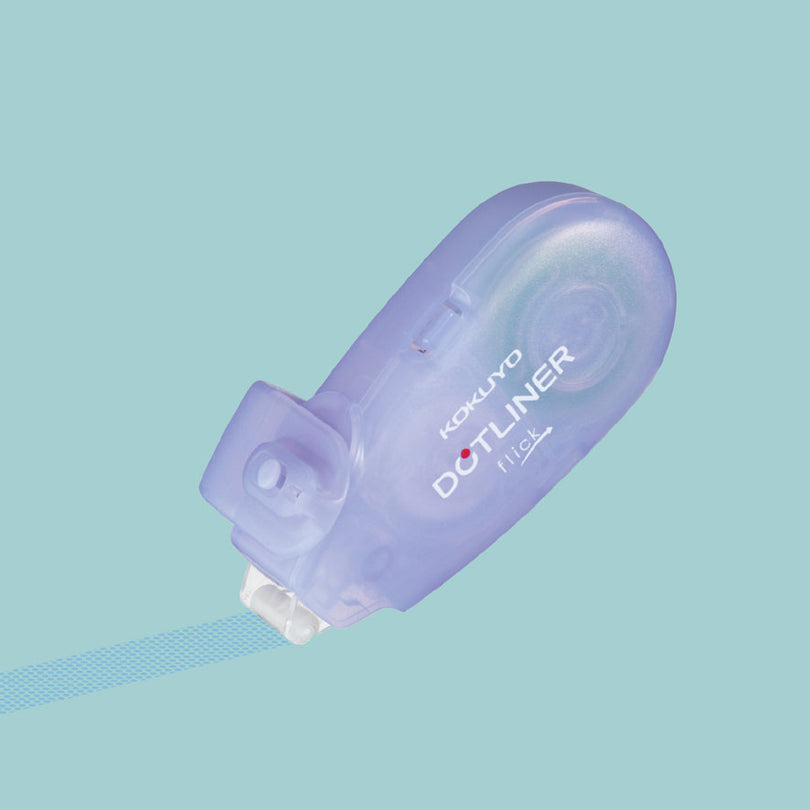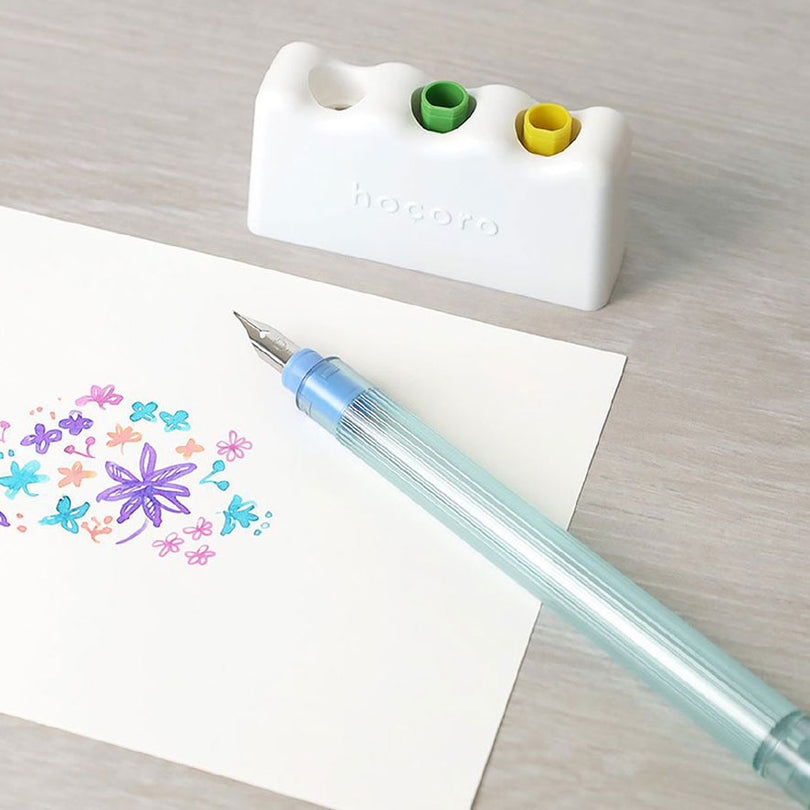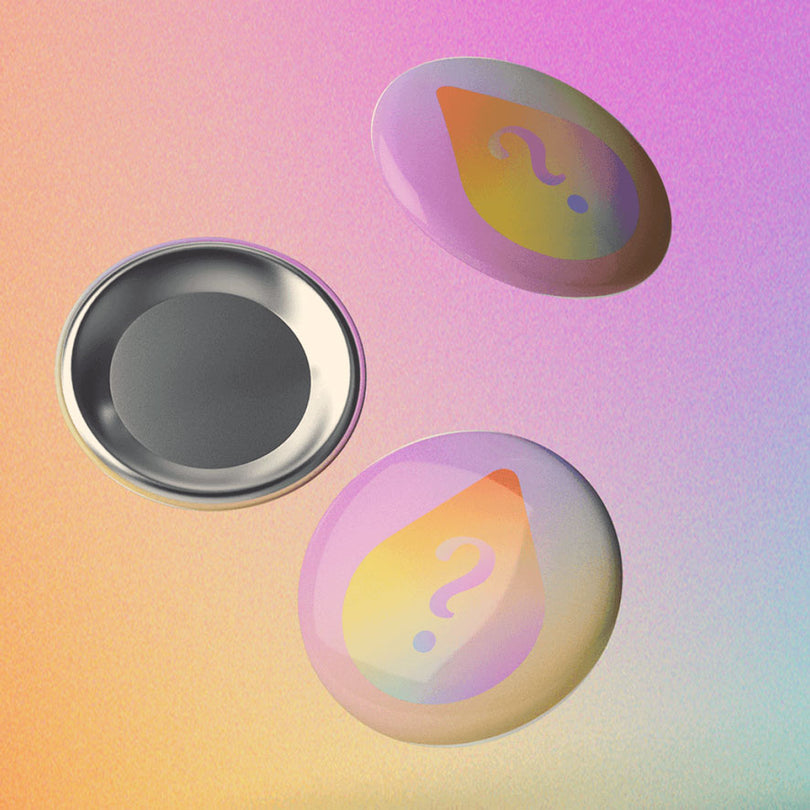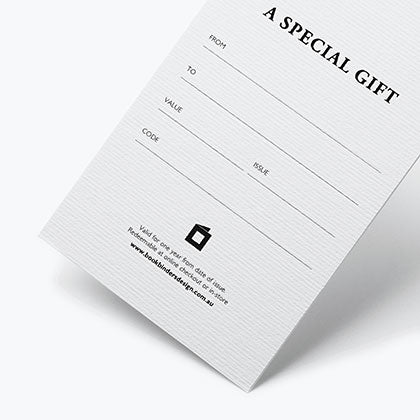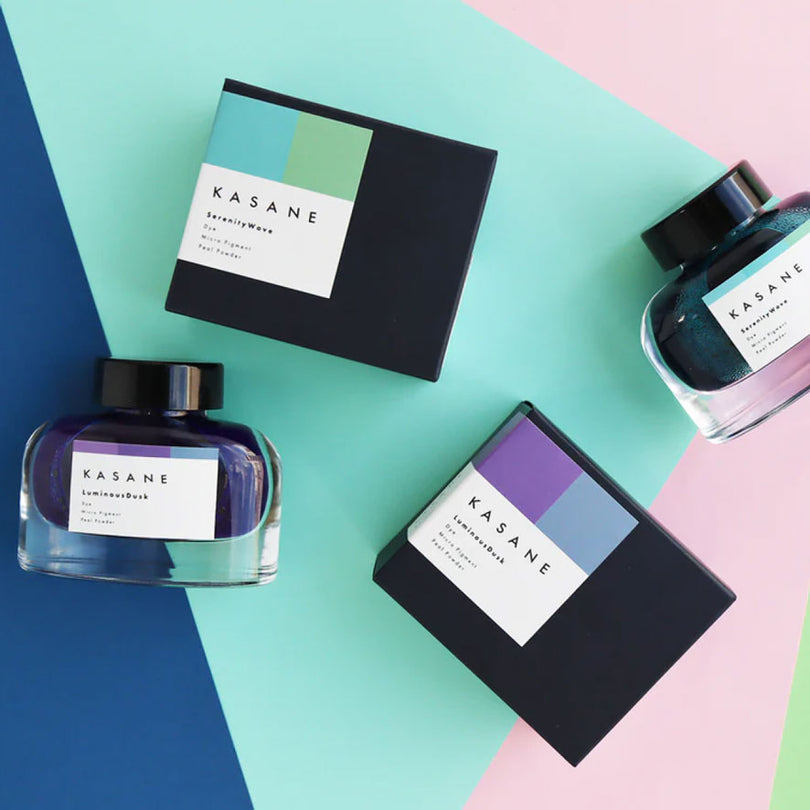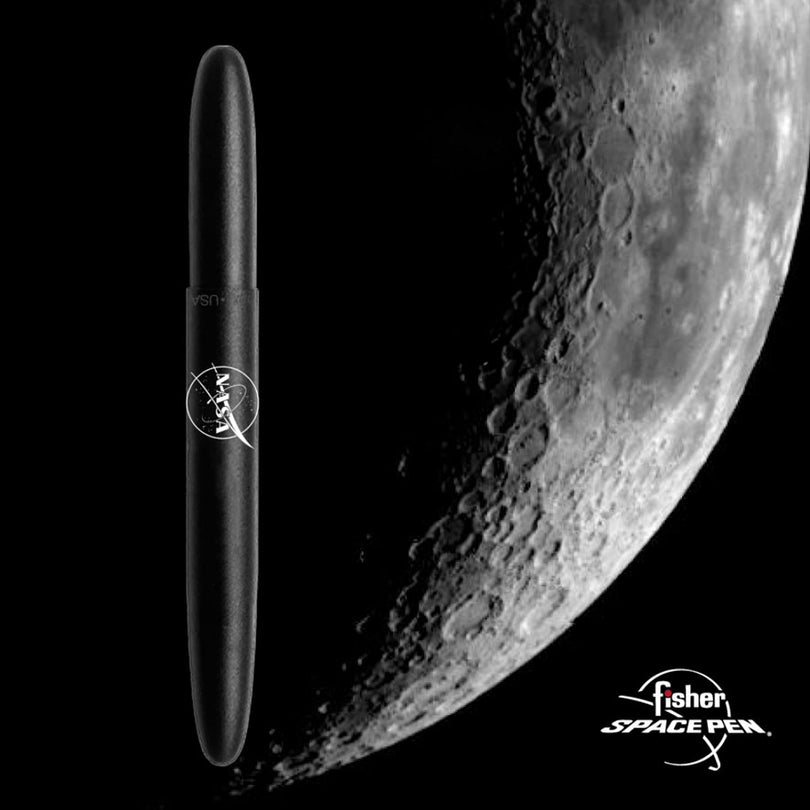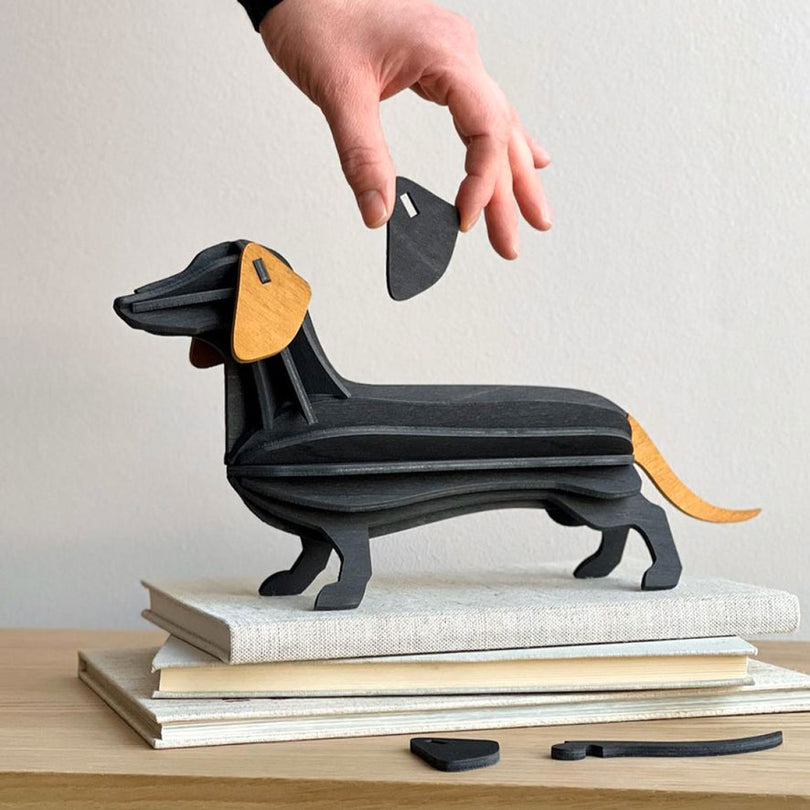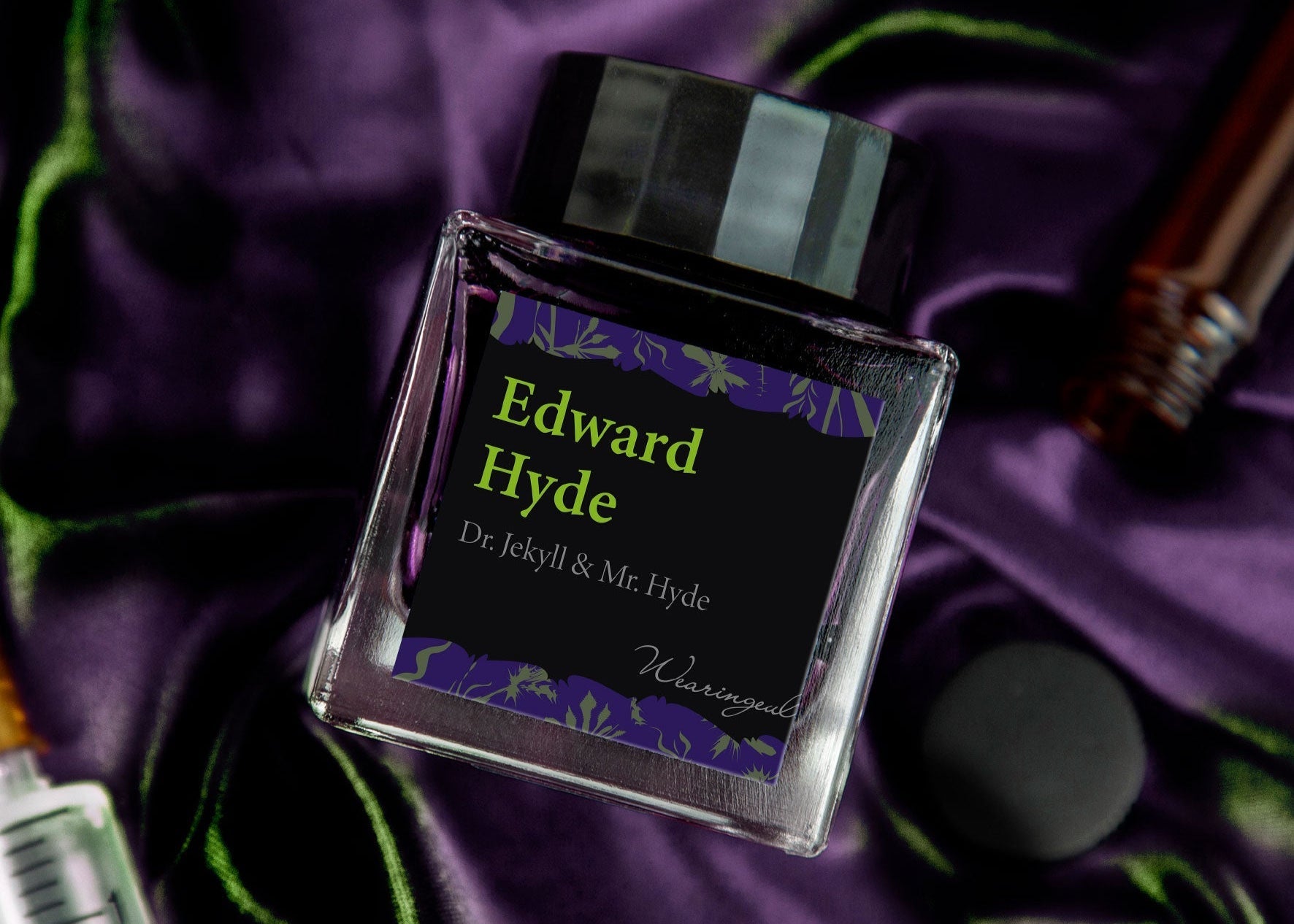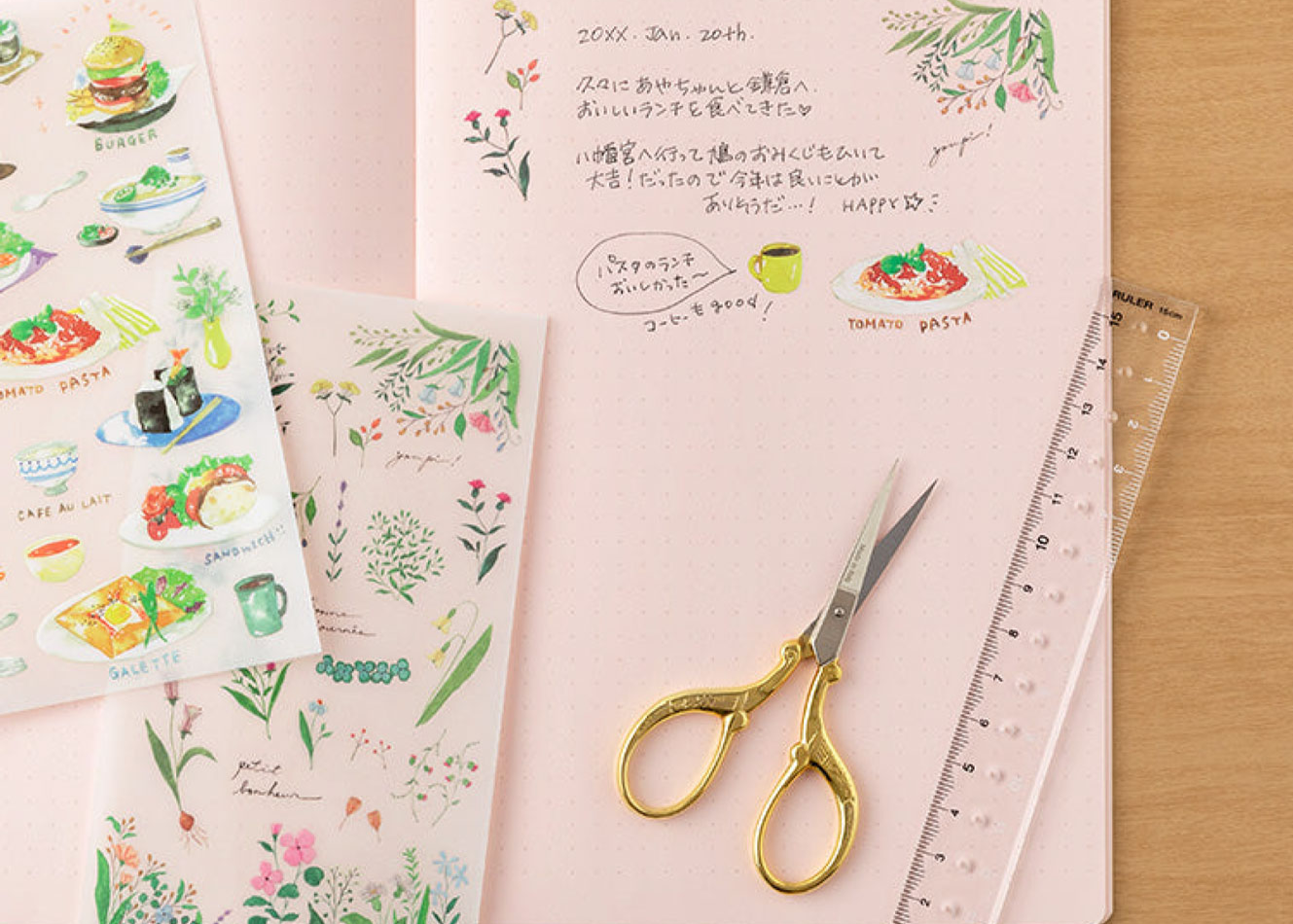In recent years, stationery has become more accessible than ever – but not always more eco-friendly or more transparent.
With the rise of mass-produced goods on platforms we don't need to name, it's easy to find stationery and journaling supplies at dizzyingly low prices, yet almost impossible to know how or where they were made.
Like fast fashion, fast stationery consumes resources quickly and carelessly. And when it's made cheaply, used briefly, and quickly discarded, the true cost is paid by both the environment and the people behind its production.
We believe that stationery should be thoughtfully made and thoughtfully used. It should support creativity and productivity without compromising on the ethics or materials behind it. This is why we focus on stocking many brands that are committed to sustainability.
We also want to be clear: the responsibility for sustainable practices lies, first and foremost, with industries and systems – not individual shoppers. That said, we know that many of us love making better choices when we can. Not just because they’re good for the planet or support ethical production, but because they’re simply better products. We’re here to help you find the products that align with your values, your habits, and your needs.
What Sustainability Means in Stationery
In some industries, sustainability comes with clear certifications. But in stationery, those labels can be harder to find – aside from FSC-certified or recycled materials, most brands don’t pursue formal stamps of approval. That’s especially true for the many small studios and independent makers we stock, who build sustainability into their process but may not have the resources, or need, for official certification.
So, we look deeper – at materials, intent, longevity, and the ethics behind how something is made. We’d love to show you what that looks like.
For us, it starts with a few key ideas:
- Materials matter. We’re talking sustainably sourced or recycled paper and card, recyclable or reusable packaging, and reduced plastic use. In our range you will find an abundance of materials like leather, metal, and cloth – that are easily recycled or repurposed.
- Made to last. Of course, not everything can last forever – pencils wear down, notebooks get filled, and some plastic components will eventually need to be recycled. But where there is an opportunity to design for durability, refillability, or repair, we look for brands that take it. We love products with robust construction, refillable formats, and timeless design that doesn't go out of style.
- Ethical production. Brands that focus on small-batch manufacturing, local partnerships, and certified facilities that comply with environmental and labour standards.
These values show up in different ways across our shelves. Some brands are loud and proud about their sustainability commitments. Others simply make things so well that they don’t need to be replaced – and that’s a sustainable choice, too. You’ll also find plenty of small, independent makers whose sustainability efforts are naturally built into their process.
Of course, this also means pricing can look different.
When products are made to last, made with care, or made under fair working conditions, they often come at a higher upfront cost. But that cost reflects the true value of materials, labour, and longevity – and in many cases, it pays off over time.
 Brands That Take the Lead
Brands That Take the Lead
Some of our makers place sustainability at the very core of what they do. Let’s give a shoutout to two Aussie brands first!
Robert Oster, a renowned ink maker, packages all of his inks in recyclable PET bottles produced in the country’s first carbon-neutral plastics plant. Oster chose PET because it’s the world’s most recycled plastic and more often recycled than glass bottles. The inks themselves are both non-toxic and eco-friendly. The best part – they're made locally, here in Australia.
Typoflora, a Sydney-based design studio owned and founded by an Australian designer, produces beautiful hand-illustrated stationery in small batches with ethical local suppliers.
We can’t not mention Lovi, a small Finnish business creating wooden ornaments and decorations made entirely from sustainably sourced birch plywood. Their designs are plastic-free, flat-packed to minimise shipping emissions, and produced entirely in-house to ensure ecological and ethical integrity from start to finish.
While we’re on the topic of home décor, we are proud to carry Jurianne Matter’s range of nature-inspired paper and organic cotton decorations made in the Netherlands with a focus on environmentally responsible materials. In her own words, ‘‘Beautiful is only beautiful to me when it’s been produced in a clean and fair way’’.
Large, long-standing brands also play their part.
Faber-Castell is a global name, but they’ve built an impressive sustainability legacy: they use 100% FSC- or PEFC-certified wood in their pencils, invest in renewable energy, and manage their own FSC-certified pine forests in Brazil – which now absorb enough CO₂ annually to offset production emissions! Oh, and did you know that about a quarter of the forest is left untouched as a biodiversity reserve, hosting hundreds of animal and plant species? Faber-Castell is putting in the work and we love to see it.
With deep roots in the craft of bookbinding, Bookbinders Design always believed in creating fewer, better things. The goal is to make products that last – notebooks, boxes or albums you’ll use and love for years, not seasons.
All products are designed in Sweden and produced using materials that meet some of the highest environmental standards. The notebook paper is Acid Free, Totally-Chlorine Free (TCF), Age Resistant and Forest Stewardship Certified (FSC). The albums, binders, and storage boxes use high-quality carton made from 100% recycled material, produced energy-efficiently in the Netherlands. Where there is plastic – for example, in clear notebook pockets – it’s a phthalate-free PVC; where there’s leather, it's sourced from manufacturers who follow strict EU REACH regulations.
Designed to Last: Stationery That Earns Its Keep
Not everything needs an eco-label to do good. Sometimes, the most sustainable choice is simply the one that doesn’t need to be replaced.
Take Book Darts, for instance – tiny, reusable metal page markers that can be used again and again, from one book or project to the next. Unlike paper flags or sticky notes, they don’t bend or degrade. They’re one of those small, simple tools that reduce waste over time.

Or think about a fountain pen paired with bottled ink. Instead of cycling through disposable plastic pens and cartridges, a good fountain pen can last a lifetime – and using bottled ink means far less packaging and landfill. With the right care, it becomes one of the most sustainable options available.
When you purchase a Leuchtturm1917 notebook, you know that their paper is FSC certified and their production adheres to the strictest EU REACH chemicals regulation. But as they say, the sustainability of their product lies in its intent – you don’t simply dispose of a journal or a sketchbook – you keep them and return to them, usually for life.
Brands like Traveler’s Company embody this approach beautifully. Their leather notebooks are designed to be endlessly refillable, and even improve with age. The system encourages reuse, reflection, and a deeper relationship with your tools.
Same goes for a brand like The Superior Labor. Their production is managed by a close-knit group of artisans and designers all working with ethically sourced materials to produce tools that you will keep using for years to come. Do we need to mention Makers Cabinet? Their professional-grade drawing tools are made from durable, natural materials and are literally meant to last you through your entire career.
Many of the Japanese brands and makers we stock aren’t overtly marketed as “sustainable” yet their products often embody sustainability by nature. This comes down to deeply rooted cultural values – respect for materials, good engineering, and a philosophy of longevity. These items are made to be used, repaired, and appreciated over time.

Celebrating the Makers: Small-Batch and Artist-Led
We also want to spotlight some of the many small, independent studios we carry – brands that may not shout about sustainability, but practice it naturally through scale, care, and craft.
niconeco zakkaya curates beautiful, often handmade stationery from small Japanese studios and artists who value traditional processes and natural materials. Similarly, In the Daylight, a local Australian brand, makes illustrated greeting cards and gift tags in small batches with high quality materials, combining artistry with conscious production.
While not explicitly eco-certified, so many of our brands like reflect a slower, more intentional approach to making. Their products are often made in small factories or workshops using natural materials and traditional methods.
Choose With Intention
We’re not claiming to be perfect. But we believe in always doing better going forward – by choosing materials with care, designing with longevity in mind, and partnering with brands who share these values.
Sustainability in stationery is not about never picking up a practical plastic ballpoint, or not grabbing that cute PET washi you really resonate with, or not buying a notebook you know would be filled with your adventures for years to come simply because there are no certifications on it.
Sustainability in stationery isn’t about guilt or sacrifice, it’s about intention and balance.
It’s about surrounding yourself with tools that feel good to use because they were made with purpose and integrity.
And if you're looking for sustainable and eco-friendly stationery choices, we’re here to try and make them accessible to you!
Questions? We’d love to hear from you, so don’t be shy! Contact us on Facebook, Instagram or via email at info@bookbindersdesign.com.au

